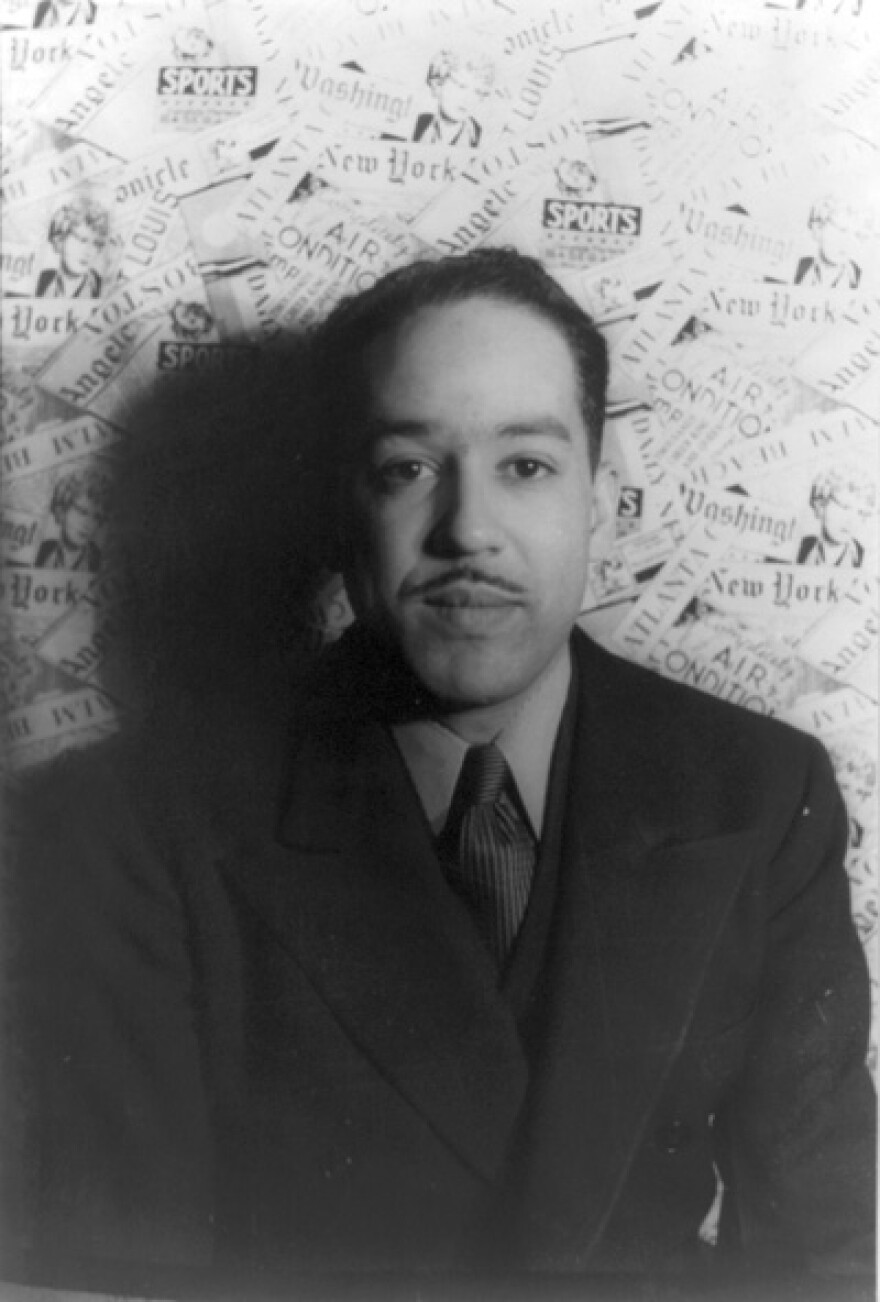Lawrence, Kan., is known as the place where famed Beat poet William S. Burroughs lived out his final days. But it was also the home to another of America’s greatest writers: Langston Hughes.
Hughes was born in Joplin, Mo., and he’s most often associated with Harlem, N.Y., as a giant of the Harlem Renaissance of the 1920s. But Hughes spent many of his formative years in the Kansas City-area. He lived most often with his grandmother in Lawrence and the town helped shape him into the artist he would become, said Denise Low, author of “Langston Hughes in Lawrence.”
In 1908, when Hughes was growing up in Lawrence, some of the city’s school were segregated, and even in the integrated schools some of the classes weren’t fully integrated.
“He had wonderful experiences and also some discriminatory experiences, but he did get a good education in the partially integrated schools,” Low said. “He had a good church experience and he had a lot of vaudeville and other shows in downtown Lawrence.”
Ultimately, Hughes lived in Lawrence from about 1903-1915, until he moved to Lincoln, Ill. “Not Without Laughter,” Hughes’ first novel, published in 1930, is a semi-autobiographical about a black family living in the fictional town of Stanton, Kan. And Hughes writes of Lawrence in his memoir, “The Big Sea.”
In the 1920s, Hughes emerged on the national scene – some have called him “the voice of black America.” His most famous poems include “Dreams,” “The Weary Blues,” “The Negro Speaks of Rivers.”
In his work, Hughes chronicled the trials of twentieth century African American life. He was a prolific writer of novels, plays, essays and poetry. And his work reflects both his passionate belief in human equality, and a disappointment in the American Dream.
Shawn Leigh Alexander, director of the Langston Hughes Center at the University of Kansas, says Hughes remains enormously important.
“When we talk about Langston Hughes we often talk about him as a poet only and that’s giving him short-shrift,” Alexander said. “He was internationally connected, politically connected and he continued to push for those ideals that he believed in, America and what he wanted America to be, constantly throughout his life.”
Guests:
- Denise Low, Lawrence-based writer and author of “Langston Hughes in Lawrence”
- Shaw Leigh Alexander, associate professor of African and African American Studies at the University of Kansas



